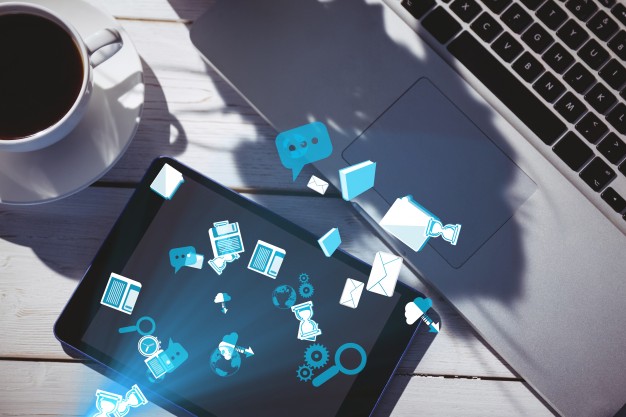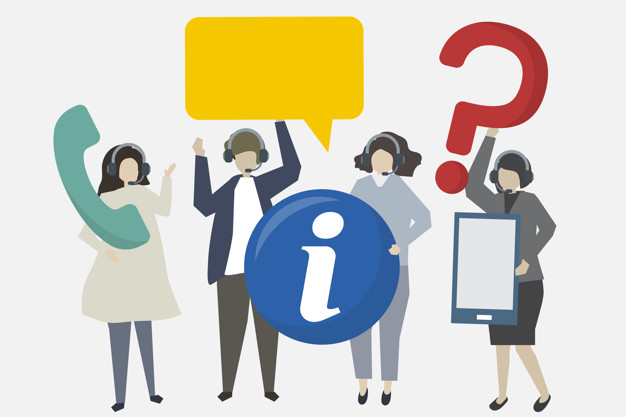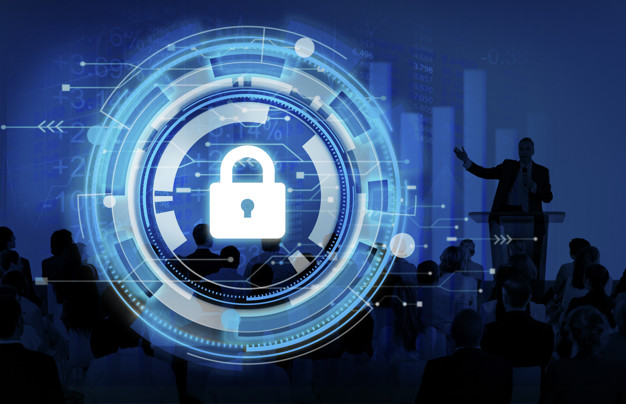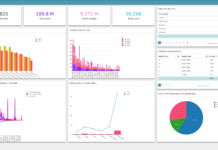
People have different reasons to overshare online, but the results are always the same. Venting emotions or gossiping on social media, publicizing intimate details about personal drama, relationships, family matters, or friendships, and posting pictures or videos of private things are all examples of oversharing.
Other examples include checking in everywhere, posting embarrassing videos or photos of other people or of yourself, posting what you ate on a regular basis, and updating your status too often. Nobody needs to know what you’re doing every few hours or what you look like without a filter (really!) However, one of the worst offenses you can be guilty of is sharing pictures or excessive information about your children.
Let’s do a little check. Open checkpeople.com and type your name in. You’ll be surprised at what will come up. It’s very likely to be more than you expect. People can find out a lot about you if they’re looking, and they don’t even need to look that hard in the age of all-pervasive background checks. This is why you need to be careful about what you share online.
Table of Contents
Why do We do It?

Angry rants on social media are far too common. It’s tempting to use social media as a way to vent because they give everyone a chance to express themselves. This temptation wasn’t there before the internet. Social media not only tempts but even encourages people to share. Posting an event, photo, or status update is just a click away. You can succumb to FOMO (fear of missing out), a sense of despondency brought on by the feeling that life is passing you by and people are doing fun things without you.
On social media, it looks like everyone’s life is so much more exciting than ours. We see someone’s beautiful vacation pictures, and we wonder why our own lives are so boring. We start feeling insecure about ourselves and want to outdo them, so we share something of our own. Some people enjoy getting shares, comments, likes, and other forms of attention, leading to a desire to keep getting noticed, even if it’s for all the wrong things.
Huffington Post writes that insecurities fuel oversharing. Simply put, we pay too much attention to what other people think of us and try to compensate when we feel judged, regardless of whether someone is actually judging us or not. As a result, we share too much, both on and off the internet. Both are dangerous, just in different ways.
Why Is It a Problem?

Oversharing can lead to safety and security problems. Social media have become a haven for stalkers, catfishing, hackers, and many other kinds of cybercriminals. If your Facebook profile is public, it’s easy to learn everything about your life. Will people care? Maybe not, but you never know. Being safe is far more important than anything else. The more you share, the more they will find out if they’re looking (and even if they aren’t.)
“Checking in” on the Bahamas may be wonderful, but it tells everyone you’re not home, including those who might have an interest in robbing your place. If a criminal gets your financial information, they can find other details on one social medium or another, which they would need to steal your identity.
Why you should be concerned?

Furthermore, there are also some reasons to be concerned about when it comes to sharing your personal information.
You might have faced embarrassment by sharing something accidentally. For instance, you might share your ugly pictures accidentally and everyone in your contacts has seen them. It would be too embarrassing. Furthermore, it goes far beyond just embarrassment.
Your views about certain trendy topics and the things you post and share have long-term consequences on your life. Moreover, it can even impact your employment chances. Therefore, you should be too careful about the information and things you share on the internet.
Here are some examples of you sharing the wrong information.
- “I’m so depressed, I hate myself for having such a life”. Although you might be depressed or you might be pretending so to gain more attention but it can affect others. Humans get steered by emotions. If you share something good and worth smiling about, your viewers will also feel good. for example, sharing funny videos (but not humiliating someone). Likewise, if you share something depressing, this might gear their depression. Furthermore, it can give someone a weak point of yours. So if someone wants to hurt you, they can use such information against you.
- “I hate ABC bank, their credit score is not good enough. Moreover, they charge too many fees”. So if someone knows which bank you use, they might try to scam you. Voice phishing scams are too common. Therefore, through social networking accounts, scammers can easily know about you. Thus, it will make it easy for them to trap you.
- “Happy first shool day for my child, #ABC school”. By sharing the picture of your kids and the school information, you are directly telling others about your children. Therefore, if there is someone who wants to get money out of your pocket, they might kidnap your child. Thus, you are eventually putting your kid’s safety at risk. So, you should never share such vulnerable information on social media platforms.
Here are some of the examples that show what type of information people share on their social accounts. Although it seems like they are sharing their views with friends but people are actually telling their weak points. Consequently, people who are looking for such things will use your information to harm you.
It’s not Healthy

Social comparison, where we compare our lives to others’, can result in jealousy, poor self-esteem, and even depression. Feeling like you need to share everything only fuels the fire. Sharing something inappropriate can have adverse consequences for your reputation.
Social media is a reel of highlights, not the picture of someone’s perfect life. It’s far better to spend time with people you love in real life than live vicariously through social networks. Make an effort to disconnect from the web or do something outside it for a while if it feels like it’s taking a toll on your mental and emotional health.







